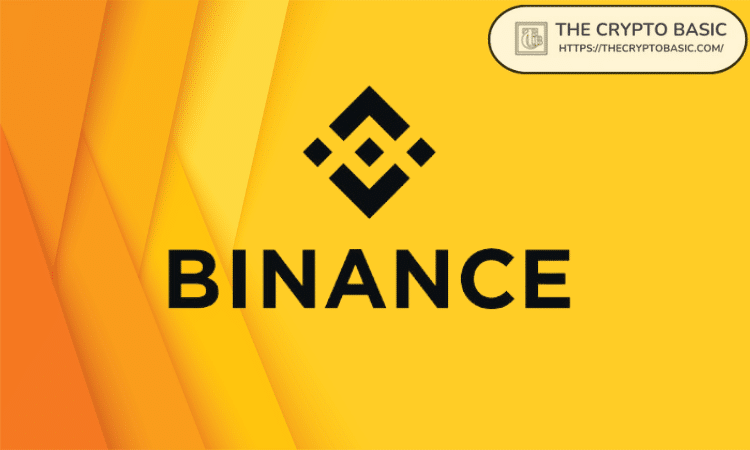Binance, the world’s largest crypto exchange, is reportedly seeking relief from strict oversight tied to its $4.3 billion settlement with the U.S. Department of Justice (DOJ).
Bloomberg reported that discussions are underway to lift the requirement of an independent compliance monitor, a measure imposed in 2023 after regulators accused Binance of major compliance lapses.
If approved, the move could significantly reduce the compliance burden on the exchange, which has faced years of legal and regulatory scrutiny.
Background on the 2023 Settlement
The settlement marked one of the most high-profile enforcement actions against a crypto firm. U.S. authorities accused Binance of weak safeguards against money laundering and other compliance failures.
In response, Binance admitted wrongdoing, agreed to pay $4.3 billion as penalties, and accepted a three-year monitoring period.
Importantly, the agreement applied to Binance’s global operations. Its U.S. affiliate, Binance.US, remained a separate entity outside the scope of the settlement.
DOJ’s Changing Stance on Monitors
The DOJ’s consideration to scale back oversight at Binance is not without precedent. In recent years, major companies such as Glencore, NatWest Group, and Austal Ltd. have seen their compliance oversight scaled back or re-evaluated by the DOJ, in some cases avoiding extended monitorships altogether.
This reflects a broader DOJ trend toward rethinking the use of independent monitors. Critics argue that monitorships often create heavy costs and disrupt normal business operations.
Regulatory Environment Shifts Under the Trump Administration
Binance’s negotiations come at a time when the U.S. political climate is shifting in favor of the crypto industry. Since President Donald Trump returned to office in January, his administration has advanced several initiatives to clarify rules for digital assets.
Among these is the GENIUS Stablecoin Act, a market-structure bill passed by the House of Representatives. There is also legislation to curb Central Bank Digital Currencies (CBDCs).
Together, these steps have been welcomed by the crypto sector as signs of a more supportive regulatory approach.
SEC and CFTC Adjust Their Policies
U.S. financial regulators are also signaling change. Securities and Exchange Commission (SEC) Chair Paul Atkins recently pledged to end “regulation through enforcement”. Instead, he promised to provide clearer, upfront guidance.
The SEC has since clarified that liquid staking tokens will generally not be treated as securities. This clarification provides much-needed certainty to investors and developers.
Meanwhile, the Commodity Futures Trading Commission (CFTC) has created a new pathway for foreign crypto exchanges to serve some U.S. clients through its Foreign Board of Trade program.
DisClamier: This content is informational and should not be considered financial advice. The views expressed in this article may include the author’s personal opinions and do not reflect The Crypto Basic opinion. Readers are encouraged to do thorough research before making any investment decisions. The Crypto Basic is not responsible for any financial losses.

